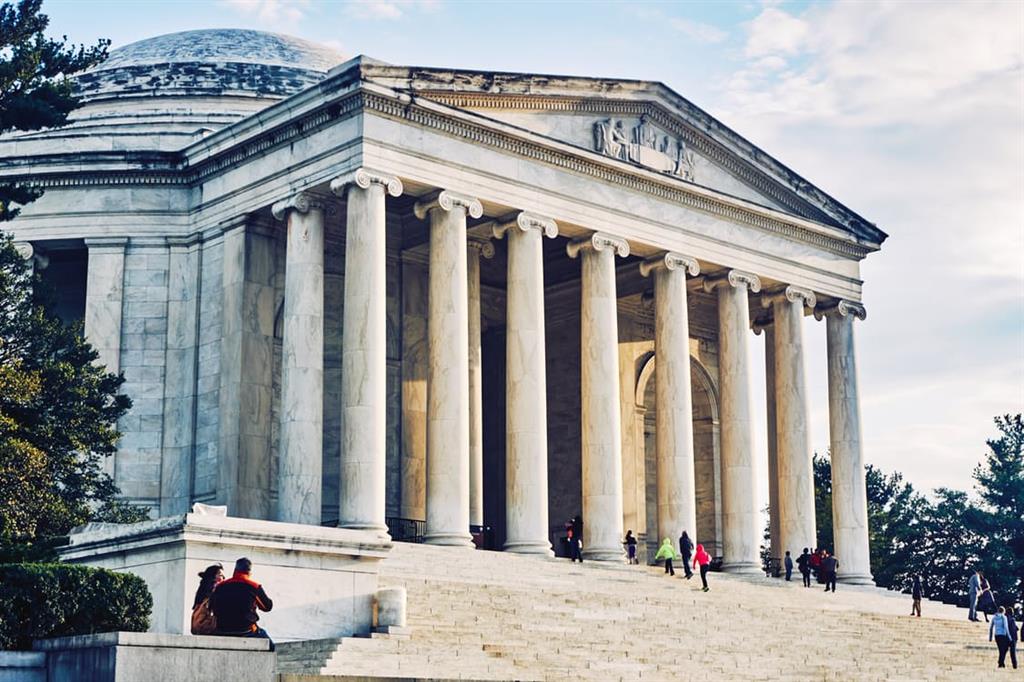You can’t escape politics these days. The presidential election seems to pop up everywhere you look: TV, the Internet, our backyards and hometowns — even genealogy.
As this issue’s cover story shows, we got caught up in the election fervor, too — but not the knock-’em-down, drag-’em-out brawl being waged by the candidates. Instead, we focused on a lighter side of the Oval Office: presidential pedigrees. Each election season brings a new surge of interest in tracing chief executives’ ancestries. Turns out that having a president in your past is more common than you might think. Peruse our four-step guide and learn how to discover your “First Family Ties.”
Of course, with the campaign’s omnipresence, many Americans are experiencing election overload. So I empathized with a reader who wrote in after visiting a family history Web site featured in the August Family Tree Magazine, only to discover campaign ads. “When I think of your magazine and genealogy, I don’t think of the 2004 elections,” she protested. I bet she’s not the only researcher who’d rather revel in ancestral discoveries unadulterated by rhetoric and mudslinging.
But her letter got me thinking. Although it may annoy us when the campaign trail veers into our genealogical pursuits, there’s no denying that genealogy has strong connections to politics. After all, we rely primarily on records created and stored by government agencies, whose actions are guided by elected officials and their appointees. And the results — from copyright law to county-courthouse rules — affect our research every day.
In fact, public policy has influenced our ancestral research immensely in the past few years — particularly in the form of budget cuts for libraries and archives. For example, the Detroit Public Library recently began charging nonresidents to access its special collections — including genealogy materials. Lack of funding forced the Library of Virginia to curtail its tremendous online Digital Library Program in 2002. Last year, the Florida State Archives almost ended up on the chopping block — but librarians, preservationists and genealogists helped defeat a budget proposal that would’ve eliminated the archives’ funding and moved its collection to a private university.
We’ve also faced a trend that many genealogists find more troubling: In response to privacy and security concerns, some state and local governments are limiting records access. Consider last year’s controversy in my home state of Ohio. A new law — intended to curb fraud — abolished uncertified copies of birth and death records, while hiking the fee for certified copies. Then the state health department, deciding that microfilmed records constituted uncertified copies, seized films from a public library. (The courts sided with the library, ordering the health department to return the films; see our February 2004 issue.) Oklahoma, Texas, California and Maine have revoked genealogists’ access to certain vital and military records, as well.
Genealogy and politics intersect more often than we might realize. And public officials usually don’t consider — or probably even recognize — the genealogical impact of their actions. Yet, as one of our country’s most popular pastimes, genealogy touches countless families. It gives us a sense of self; it reveals our families’ roles in history; it enriches our lives — and our nation’s heritage. Isn’t that a cause worth campaigning for?
So if you’ve been dismissing politics as irrelevant to your passion for your family’s past, take an interest in how your government handles issues that impact genealogy. Let your voice be heard.
Granted, we won’t see this year’s presidential hopefuls pitching “genealogy platforms” on the eve of the election. But there’s always 2008.
From the December 2004 issue of Family Tree Magazine.




